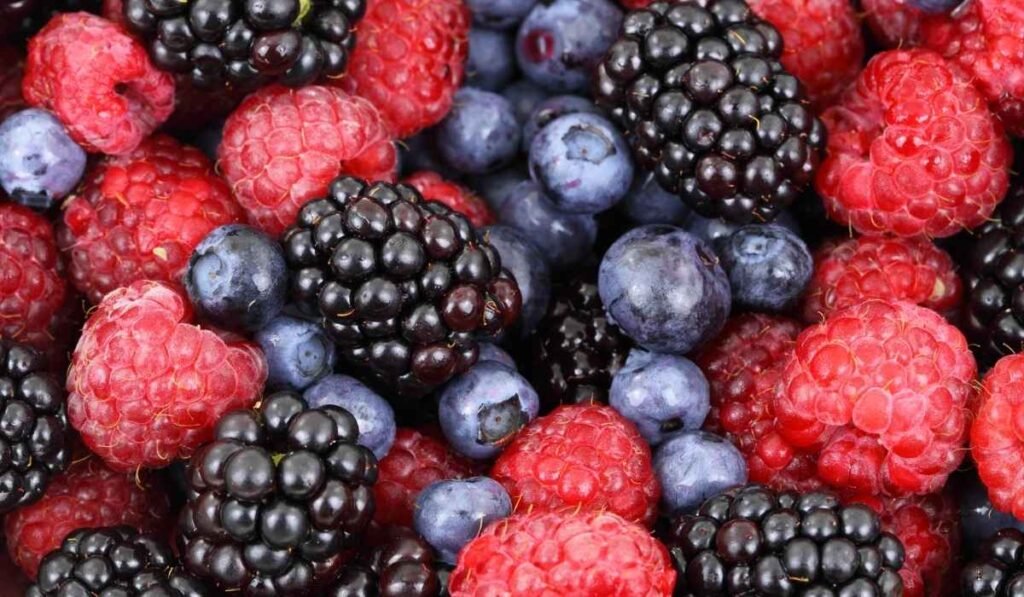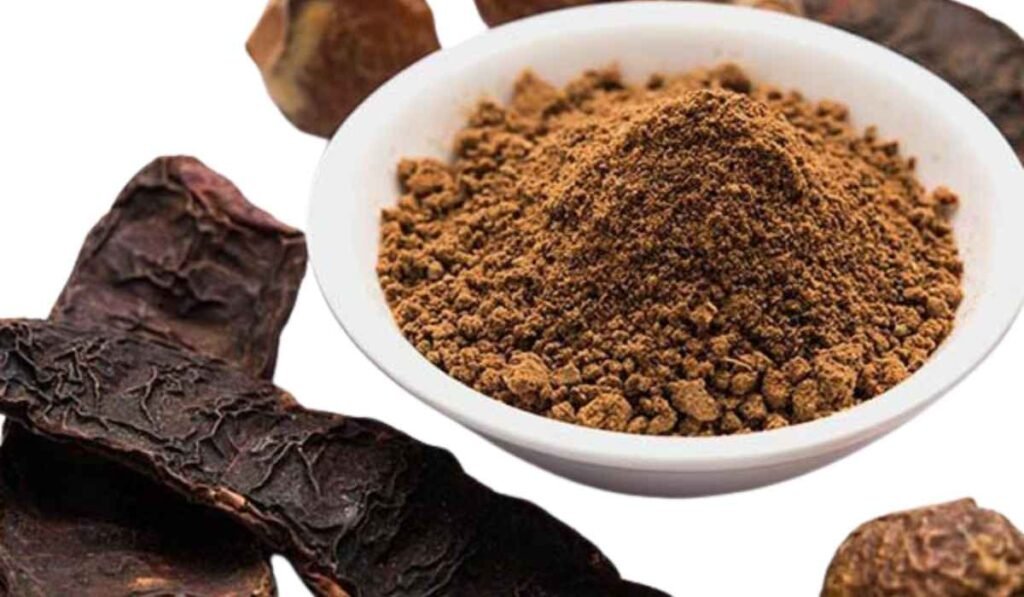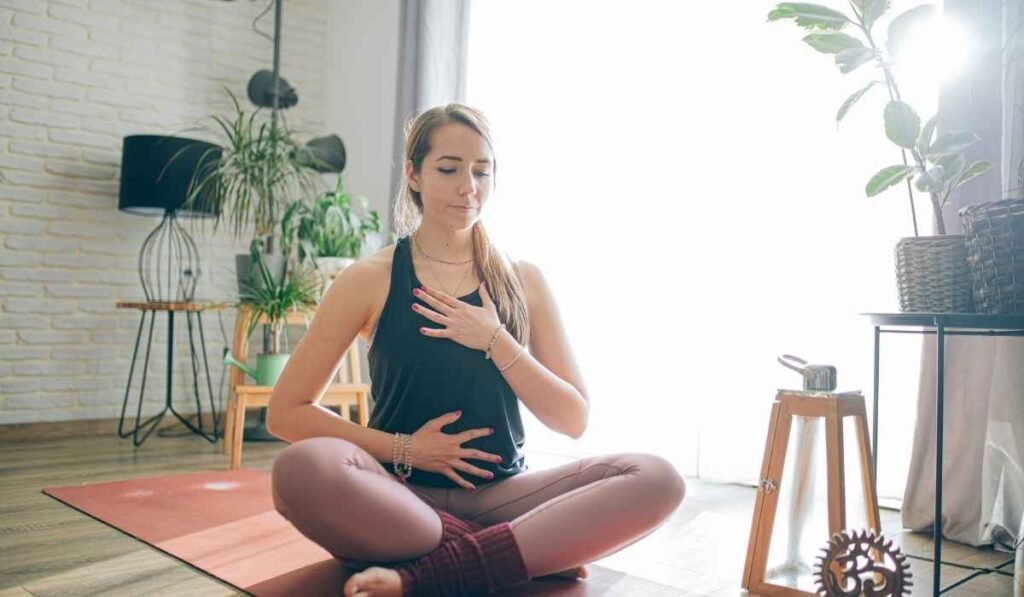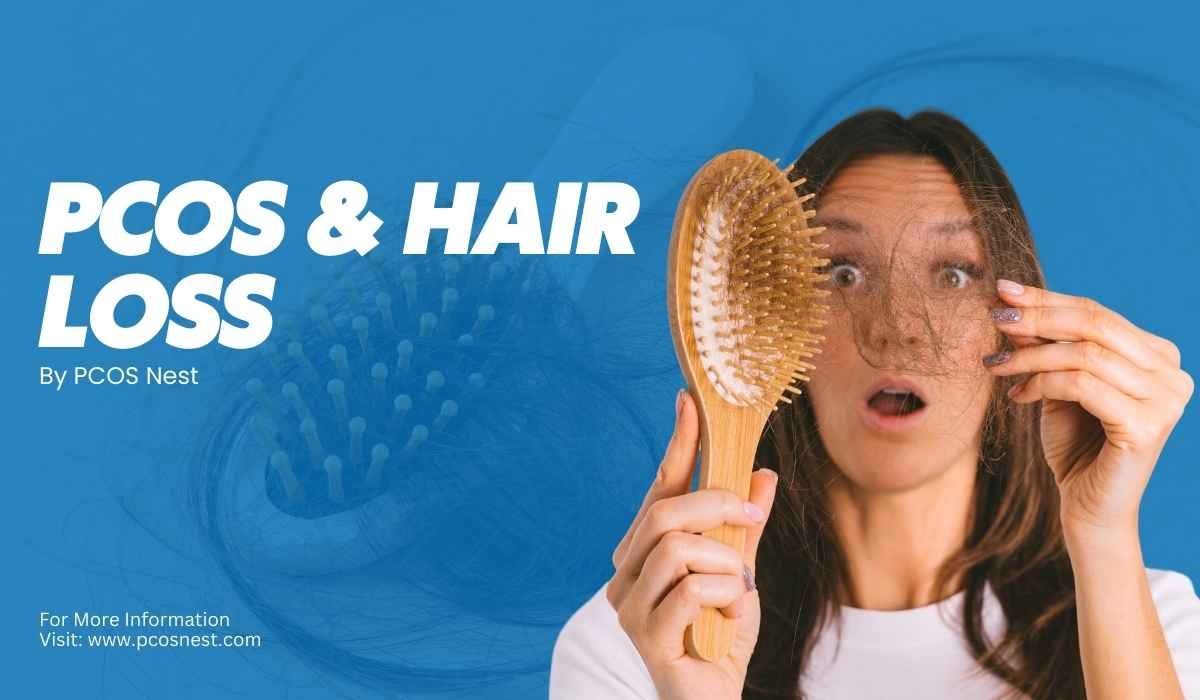Does PCOS Cause Hair Loss?
Yes, PCOS can cause hair loss. Polycystic Ovary Syndrome (PCOS) is a hormonal disorder that can cause several physical changes, including hair loss. This condition is often linked to hormonal imbalance, particularly an increase in androgens (male hormones), which can weaken hair follicles and cause a condition called androgenic alopecia or pattern hair loss.
Signs of PCOS Hair Loss:
- Hair becomes noticeably thinner, especially on the top or front of the scalp.
- Hair may lack volume and appear limp.
- More hair fall when brushing, washing, or styling.
- Clumps of hair may collect in the comb, shower drain, or pillow.
- Appearance of small bald spots over time.
- Receding Hairline (when hair thins and the hairline moves further up the head). However, it’s rarer in women.
Causes of PCOS Hair Loss:
The hormone dihydrotestosterone (DHT), which is made from testosterone, is a major cause of PCOS hair loss. DHT attaches to hair follicles, makes them smaller, and shortens the hair growth cycle. This causes hair to become thinner and weaker, which ultimately results in hair fall.
Insulin resistance also disturbs the hormone balance, which results in hair loss.
Heavy periods, inflammation, and certain medications can lead to deficiencies in essential nutrients such as iron. Due to which hair becomes weaken.
A family history of hair loss also increases the chances of androgenic alopecia.
Also, menopause, or thyroid issues, can trigger this hair loss in women.
How to Manage Hair Loss with PCOS:
Let’s discuss some effective tips to control hair loss:
1. Balanced Diet:
A balanced diet is very important. Firstly you have to make beneficial changes in your diet.
Hair is made of keratin, a protein. Eating protein-rich meals strengthens hair and supports better growth.
Eat foods that are rich in iron, zinc, and omega-3 fatty acids like salmon, avocados, kidney beans, flax seeds, chia seeds, and walnuts, etc. Because these nutrients help in better growth and healing of hair tissues.
Also add anti-inflammatory foods in your diet like tomatoes, leafy green vegetables, nuts, and fatty fish etc.
This diet will greatly help in controlling hair fall.
2. Hormonal Balance:
Hormonal balance is very crucial to prevent PCOS hair loss.
Spearmint tea is very helpful for hormone balance. Drink 1 cup of spearmint tea daily.
Eat berries, these are rich in antioxidants and reduce inflammation, and indirectly aid in promoting hormonal balance.

Avoid high-carb meals & refined carbohydrates like white bread, bagels, white rice, pastries, cakes, cookies, breakfast cereals, etc.
In short, a balanced diet is the solution to hormonal imbalance.
You can also use medication for hormonal balance like spironolactone. Make sure not to use any supplement or medication without a doctor’s consultation.
3. Use sulfate-free shampoos:
Sulfates, like sodium lauryl sulfate (SLS), are harsh chemicals that remove the natural oils from the scalp. They make shampoo foam a lot, but they can also dry out and irritate your scalp, which is not good if you have a sensitive or inflamed scalp, like in PCOS.
Sulfate-free shampoos clean hairs gently without causing damage or irritation. As PCOS can also cause chronic inflammation, sulfates might make the irritation worse. Using a sulfate-free shampoo helps in soothing the scalp and is better for healthy hair growth.
Choose shampoos labeled as free from parabens, silicones, and synthetic fragrances.
4. Natural Remedies:
1. Shikakai Shampoo:
The best natural herb for hair fall treatment is “SHIKAKAI” which means fruit for hair, and it is derived from the pods of the Acacia concinna plant which is known for its numerous hair benefits.
Shikakai is rich in vitamins A, C, D, E, and K, which nourish hair follicles, strengthen roots, and encourage growth. Its antifungal and antibacterial properties help in fighting with dandruff.
Now the question is how to use shikakai. You can get both shikakai pods and powder from the market. If you have pods, ground them to a fine powder. Add 2-3 tablespoons of shikakai powder to 2 cups of water. Boil it until it reduces to 1 cup. Then stain the shikakai water. Take a clean bottle, fill it halfway with the shikakai water, and the other half with your favorite shampoo (sulfate-free). Mix it well. Use this shikakai shampoo, and the results will amaze you. Do not use shikakai directly on your scalp, as it can cause allergies or irritation. You can also get readymade shikakai shampoo, but homemade is best.

2. Organic Hair Oil:
This oil is the best for getting rid of hair loss because we will make it at home ourselves. To prepare this oil, you will need 0.5 kg of mustard oil.
Heat 0.5 kg mustard oil in a pan. Then add a handful of neam leaves, one onion (cut in small pieces), 6 to 7 almonds, 1 tablespoon fenugreek seeds, 5 to 6 garlic cloves, 2 to 3 amla (Indian gooseberry) – slice them before adding, 4 to 5 cloves, and small pieces of one aloe vera leaf in the oil. Mix all these ingredients and cook on low heat until the ingredients turn black. Strain the oil and store it in a clean, airtight container for regular use.
Use it 2 to 3 times a week for best results.
This oil is rich in vitamins E, C, iron, selenium, magnesium, omega-3 fatty acids, sulfur, and anti-oxidants.
Believe me, this oil is very beneficial for hair. Apply it 2-3 hours before washing your hair, or you can also apply it overnight. But, if you have an oily scalp, do not apply it overnight, 1-2 hours is enough for an oily scalp.
The smell of this oil is not very pleasant, but it is highly effective. I am personally using this oil. My hair used to fall a lot and became weirdly frizzy, but now that I am using it, my hair has shine, and my hair fall has also reduced.
This oil and shampoo will help control your hair fall to a great extent and make your hair shiny and frizz-free.
Also avoid the excessive use of heat styling tools (straightener, curler, etc.)
Also Read: PCOS Acne Treatment At Home
5. Stress Management:
Stress raises cortisol levels, which can exacerbate the hormonal imbalances. Stress also triggers higher production of androgens, like testosterone, that cause hair thinning and androgenic alopecia.
Relaxation Techniques like meditation and deep breathing help in reducing cortisol levels and promote the sense of calmness.

Avoid excessive caffeine and sugary foods that can increase stress levels.
Aim for 7–8 hours of quality sleep to regulate stress hormones & avoid screens and caffeine close to bedtime.
Hair loss due to PCOS can be stressful, but with the right approach, it’s possible to slow down and even reverse the process. Focus on the treatment of PCOS symptoms holistically through a healthy lifestyle and proper diet. If you notice no improvement even with remedies, then contact your doctor as soon as possible.
Frequently Asked Questions:
How do I know if my hair loss is from PCOS?
Hair loss from PCOS typically appears as thinning on the top or front of the scalp, often resembling male-pattern baldness. You may notice excessive shedding, more hair falls out than usual during brushing or washing.
How much hair fall is normal?
It’s normal to lose 50 to 100 strands of hair per day as part of the hair growth cycle. Hair shedding is a natural process where new ones replace old hairs. However, if you notice excessive clumps of hair falling out, thinning patches, or a sudden increase in hair fall, it could be a sign of hormonal imbalance like in PCOS and nutritional deficiencies.
Will hair loss from PCOS grow back?
Yes, hair loss from PCOS can grow back, but it often requires time and consistent treatment. The key is to address the hormonal imbalance with a balanced diet that causes hair loss.
Does PCOS affects the thickness of hairs?
Yes, PCOS can affect the thickness of hair. Women with PCOS often experience hormonal imbalances, including elevated levels of androgens (male hormones), which can result in hair thinning on the scalp. This condition, known as androgenic alopecia, typically results in thinner hair around the crown and top of the head.

